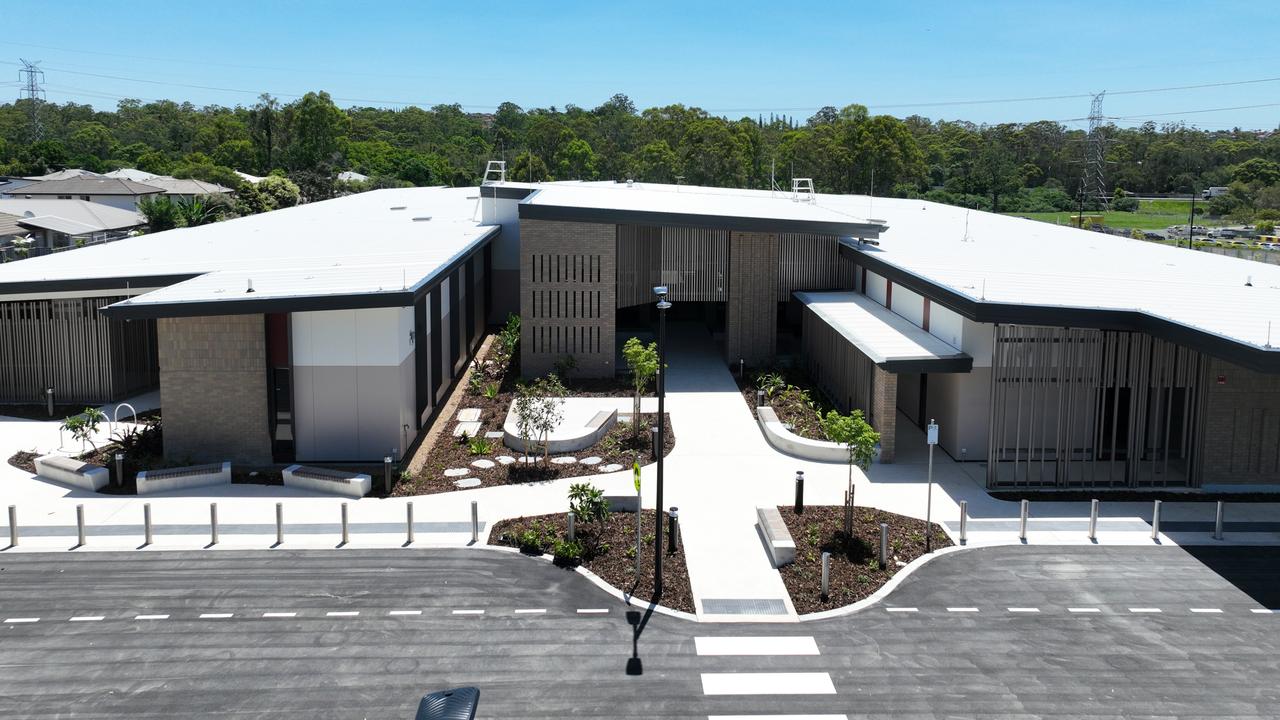Laptop bombshells: How the quest for the truth has shaken the Palaszczuk Government to its core
As the integrity crisis that has shaken Palaszczuk Government to its core plays out like a scene from a spy thriller, The Sunday Mail can exclusively reveal what was on the laptop at the centre of state’s biggest political scandal in three decades.

QLD Politics
Don't miss out on the headlines from QLD Politics. Followed categories will be added to My News.
In late 2020, Integrity Commissioner Nikola Stepanov uncovered something that would set off a chain of events that have culminated in the political storm now surrounding Premier Annastacia Palaszczuk.
Dr Stepanov was already unpopular with some senior public servants. The woman described as “full, frank and professional” had not been shy about raising problems in the years since she assumed the growing role in 2017.
Nor had she been shy about escalating the profile of her office to the thousands of politicians and public figures who qualified for her integrity advice, but who had not been making full use of the office before.
EDITORIAL: OUR PREMIER CANNOT IGNORE THESE FRESH INTEGRITY CLAIMS
They were apparently attributes not appreciated by all, with one senior public servant said to have described her as a “bitch on a witch hunt” who didn’t know her place.
What exactly she uncovered is still unclear – and the subject of an intensely secret Crime and Corruption Commission investigation – but it is said to relate to the murky world of lobbying, the oversight of which she maintains as the state’s lead integrity officer.
But we now know how the laptop later raided from her office came to be so central to the explosive events that followed.
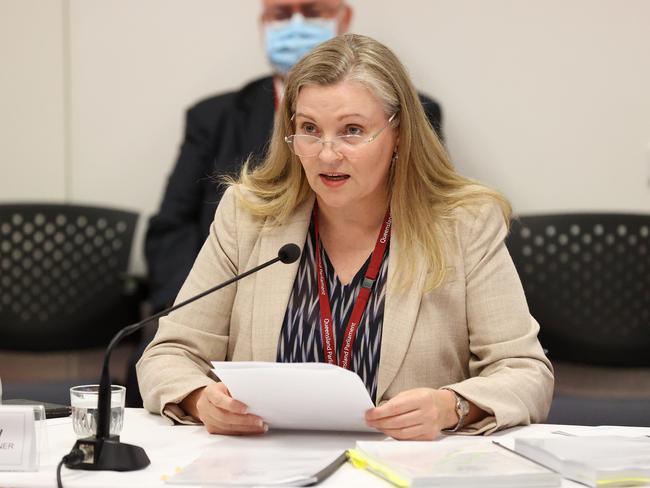
It was October 19, 2020, when Stepanov first raised concerns with the Public Service Commission about an employee in her office, Sara Rancic. She was concerned over the handling and management of highly sensitive and confidential materials by Ms Rancic from January 2019 onwards, including documents that set out the pecuniary interests and potential conflicts of interest for some of the state’s most powerful people.
They included statutory declarations of interests of lobbyists and top public servants, declarations of interest of ministers, chief executive officers and statutory office holders, Australian Accounting Standard Board 124 forms used by shareholding ministers of government-owned corporations and other materials.
Why Stepanov had these concerns is unclear, but she requested a forensic examination of the laptop to determine the extent to which public records had been compromised to ensure any affected records could be identified, reconciled and correctly filed.
Months passed and Stepanov sought quotes so the important work could be done, but she was ultimately denied her request.
Then, in a further sign of her fracturing relationship with the PSC – which has complete control over her budget and staffing in a historical arrangement repeatedly described by her and others as inappropriate to her independent role – she got a call out of the blue.
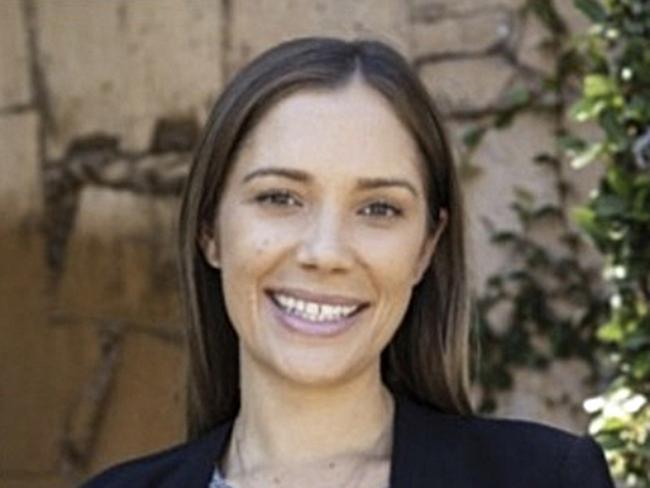
It was a Thursday and Queensland’s first female integrity commissioner had been at International Women’s Day events in the regions as a speaker and guest.
It was someone from the PSC and they were informing her that her second in charge was being reassigned to a task force, effective immediately.
From a high of 6.8 full-time equivalent staff in 2018-19, Stepanov was now left with just one.
There was no explanation for the move, no plans to replace him and she was forced to curtail her services because she simply did not have the staff to effectively do her job. The fallout was immense and distressing.
It was just two weeks out from the inaugural lobbying summit, a joint initiative by the Queensland Integrity Commissioner, Crime and Corruption Commission and South Australia’s Independent Commissioner Against Corruption, which discussed the growing public interest around lobbying and the deficiencies in government regulation.
The staffer had been Stepanov’s legal delegate for lobbying.
“I had a number of lobbying matters on foot, including with the CCC and QPS,” she would later tell a closed parliamentary committee hearing. “The person removed was my QPS and CCC liaison. It put me in a position where I was really not able to provide advice and try and find out where the assessment investigation of the lobbying matters were.”
But if that had been a surprise, the next move was astonishing.
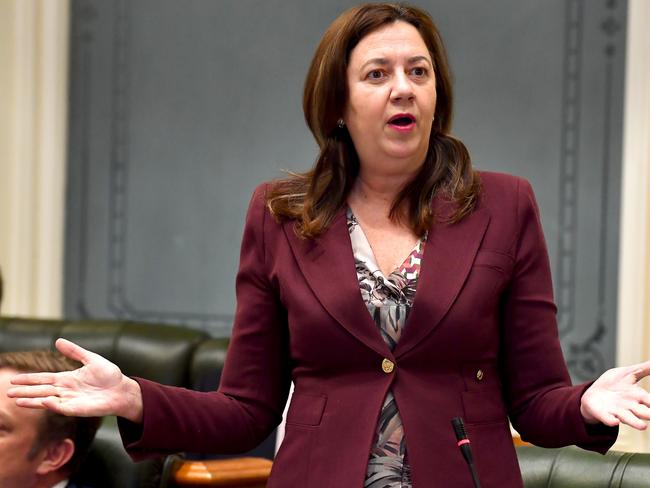
Without her knowledge, presence or consent, PSC staff entered Stepanov’s Albert St offices in March last year. Like a scene from a spy thriller that has sent chills through other integrity offices through Brisbane, access codes were changed and phones and devices were confiscated.
The laptop was wiped of records relevant to “ongoing legal proceedings” and “investigations”. The action has been described to the committee with oversight of her office as the “indelible deletion of public records of the Integrity Commission”.
Who carried out the raid and deletion of documents and on whose authority is not clear. Neither is whether it was legally allowed.
“The devices were removed on a day that I was not in the office,” Stepanov told the parliamentary committee, according to sources. “I found out by happenstance. The access to the offices was changed. I found that out by happenstance as well. I will not go into the details.”
But the action sparked backlash.
She raised her concerns about the handling of complaints with the PSC with the Department of Premier and Cabinet, including by email to director-general Dave Stewart.
According to sources, Stepanov maintains she requested mediation with the Public Service Commission, and that was rebuffed.
The PSC chief executive Robert Setter told The Sunday Mail he had never rejected any such request.
On April 6, Stepanov and Stewart met to discuss the issues and he agreed to commission a limited, initial independent investigation on her behalf by McGrathNicol.

That report eventually confirmed the existence of “very serious issues”, according to one with in-depth knowledge of the findings, and it makes recommendations for further investigations, including a referral to the CCC.
Sixteen days after the Stepanov and Stewart meeting, but before the report’s findings, Palaszczuk wrote to the parliament’s Economics and Governance Committee, which is the parliament’s check on the Integrity Commissioner’s powers and performance and through which any attempt to remove or suspend her most go.
She notified them of “allegations of possible misconduct”, including one made against Stepanov, and said she was bringing them to the attention of the committee “for possible action”. The January 2019 allegations by this time purportedly occurred more than two years ago.
The allegation set out is that Stepanov directed a subordinate to assume her identity and use her corporate credit card to make a phone payment to Griffith University for a research project into strengthening Australia’s national integrity system that the Queensland Integrity Commission was a partner to.
It is claimed the payment was above the corporate credit card limit and so appeared to have been split into separate payments, in possible contravention of the PSC’s financial management practices manual.
Palaszczuk’s letter outlines how allegations were received by the PSC, which referred them to the CCC “as suspected corrupt conduct” but that the watchdog had determined to take no action.
However, the Economics and Governance Committee’s functions include reporting to the Legislative Assembly any matter concerning the Integrity Commission it believes should be drawn to its attention, she reminds the members.
Palaszczuk says she would appreciate the committee’s advice as to how it wishes to deal with the allegations and that “relevant materials including the original complaints can be accessed” from Robert Setter.
Exactly one week later, committee chairman Linus Power responded, thanking the Premier for informing them of the allegations.
He tells her the committee has no problems with the PSC investigating allegations as they see fit and keeping it informed.

“We do not see an active role for the committee in any process at this time,” he wrote.
Questioned on it this week, Stepanov said the reason for her referral to the committee was news to her.
“Obviously these matters are part of ongoing CCC investigations and I would encourage you to direct your comments to the CCC,” she told The Sunday Mail. “Of course, the bona fides of any allegations should be fully tested. I’m very grateful to have found out what was in that referral. It’s unfortunate that I found out from the media. Nevertheless I am very grateful.”
The Premier would not be drawn this week on the timing of the referral, the reason the historic action had not been raised earlier and who brought the matter to her attention.
Neither would Setter comment.
Two months after the referral, but without knowledge of it, Stepanov privately complained to the Economics and Governance Committee in June of the inappropriateness of the PSC determining for itself the scope of its control, interference and authority over matters that affect her ability to do her job.
Stepanov broke down as she described the extent of interference that culminated in the office raid.
It meant she was unable to swear, she told them, that confidential public records she had responsibility for and that pertained to some of the state’s most powerful people were safe, accounted for and adequately protected.
“The recent actions and decisions of the PSC are likely to undermine public confidence in government if they were made known,” she told them, according to sources close to the matter.
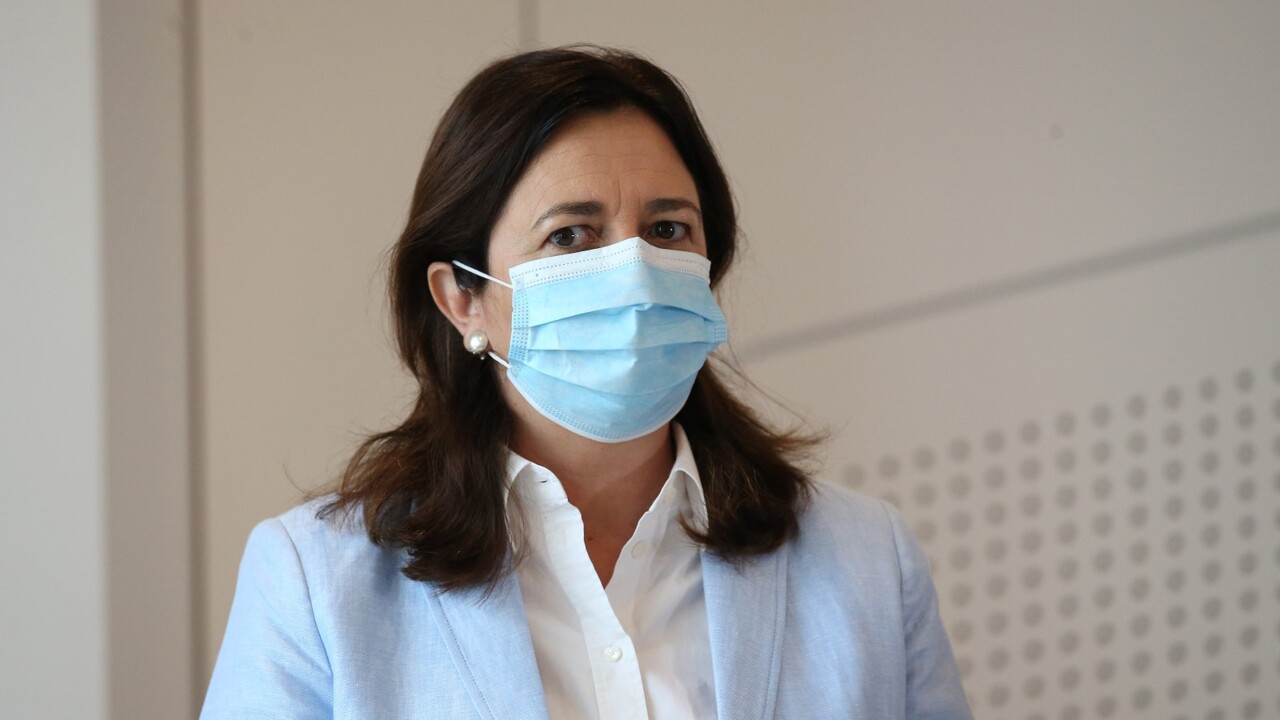
But the events and the serious ramifications of them have been too explosive to contain, with whispers creeping down the corridors of state parliament in the weeks after her extraordinary evidence.
The Courier-Mail broke the news of the laptop raid and Stepanov’s concerns around interference on September 15 last year and the political storm has only intensified after her resignation three weeks ago.
Just days after news of her resignation broke, she went public to call for “a formal review or investigation into the way that the PSC has discharged their functions and responsibilities in relation to the office of the Integrity Commissioner in recent times”.
Indeed, the potential precedence set by the central agency responsible for public servant workforce policy, leadership and performance and meant to exemplify good public administration have sent a chill down the spines of similarly placed commissioners who also rely on government departments for their funding.
The Auditor-General, Information Commissioner, Council Complaints Tribunal and former state archivist, former legal services commissioner and former Forensic Disability Service director have all raised concerns or allegations around the need for proper resourcing and independence in the weeks following Stepanov’s January 22 resignation.
Peter Bridgman, who was commissioned to do the Palaszczuk government’s latest review of the public service and first warned against the PSC governance over the Integrity Commission, has backed an inquiry.
Howard Whitton, who authored the integrity legislation that created the Integrity Commission, has backed an inquiry. The opposition and crossbench MPs have all called for some kind of inquiry, ranging from an independent investigation to a full-blown royal commission.
“Nothing short of a full-blown royal commission into the integrity crisis burning through the heart of this government is required,” LNP integrity in government spokeswoman Fiona Simpson said on Saturday. “When a government gives up on integrity, they give up on governing for you in place of their mates.”
With so many questions swirling around issues so integral to the heart of good government, it may be that a public inquiry now is the only way to regain confidence.
And we need that confidence, not only from the public, but from the bodies in charge of guarding the accountability and transparency of the government on behalf of us all.



